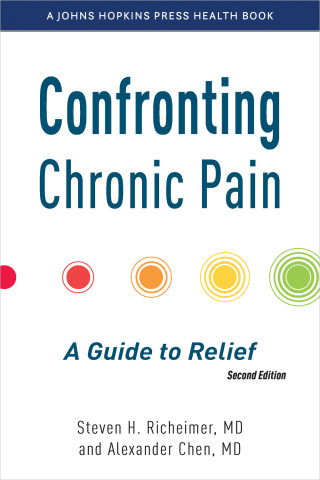
Reviews
This would be a brilliant read for medical students and primary care physicians. The simplified, common-sense approach, I found, made it compulsive reading, in a subject where that is the exception... It is [an] excellent value indeed.
[A] comprehensive new book.
The two doctors simplify explanations of these matters, creating a survey that is packed with insights and information.
This book is practical and useful. Easy to read and understand without being patronising.
An interesting and practical book that succeeds in educating and empowering patients. The authors do an admirable job of helping people with dizziness, vertigo, and balance disorders by explaining and highlighting key clinical, diagnostic, and therapeutic elements.
Using simple language, this book describes the underlying pathology, available treatments, and practical approaches for the common conditions causing dizziness. Drs. Whitman and Baloh help readers seeking medical advice understand the complicated nature of dizziness while debunking widespread misconceptions about it.
Book Details
Preface
Introduction
Part I. Dizzy Spells That Occur with a Change in Position
1. Benign Paroxysmal Positional Vertigo (BPPV)
2. Orthostatic Hypotension
Part II. Dizzy Spells That Occur in Attacks but
Preface
Introduction
Part I. Dizzy Spells That Occur with a Change in Position
1. Benign Paroxysmal Positional Vertigo (BPPV)
2. Orthostatic Hypotension
Part II. Dizzy Spells That Occur in Attacks but without Any Apparent Trigger
3. Ménière's Disease
4. Migraine-associated Dizziness
Part III. A Single Bout of Dizziness That Lasts for Days and Then Gradually Improves
5. Vestibular Neuritis
6. Stroke and Transient Ischemic Attacks (TIAs)
Part IV. Constant Dizziness That Lasts 24 Hours a Day for Months and Even Years
7. Dizziness and Anxiety (Chronic subjective dizziness)
8. Mal de debarquement Syndrome (MdDS)
9. Dizziness Due to Loss of Vestibular Function in Both Ears
10. Small Vessel Ischemic Disease of the Deep White Matter
Appendix: Home Exercises
Glossary
References
Index







